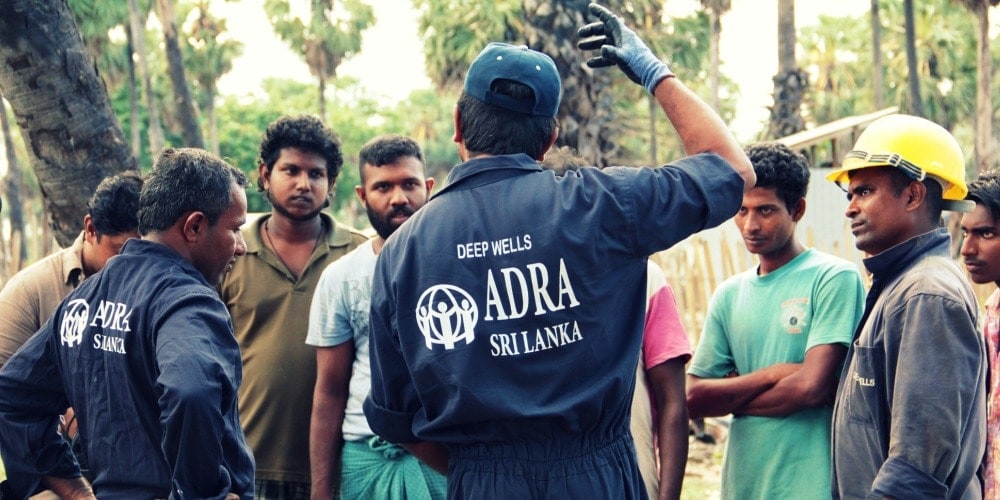
, ADRA, and
ADRA will join the United Nations and other nongovernmental organizations in celebrating World Water Day this weekend by pressing ahead with projects that make water available to people around the world.
World water Day has been observed on March 22 since the United Nations general assembly voted to raise awareness of critical water issues in 1993. People will be encouraged to avoid using tap water the entire day Sunday.
Jason Brooks, an adviser for the Adventist Development and Relief Agency, said the problem is not only a wasteful use of water but also a lack of safe drinking water.
“Villages and communities around the world are trying to sustain life from contaminated water sources because that’s the only water available,” said Brooks, technical adviser for water, hygiene, and sanitation at ADRA International. “At ADRA, we recognize the importance of safe drinking water, and that’s why we celebrate World Water Day.”
ADRA’s water, hygiene, and sanitation projects are designed to provide families with improved access to safe water sources, latrines, and education on hygiene practices that keep entire communities healthy and thriving.
In Sri Lanka, for example, ADRA is one of the few nongovernmental organizations with a high-powered drilling rig. In the past six years, ADRA has brought clean water to more than 400 communities around the island.
When communities receive access to clean water, they also receive two days of hygiene training.
“Facilities can only have real and long term impact on people’s lives when we also provide education and bring improved awareness,” Brooks said.
In addition to hygiene training and drilling boreholes, ADRA performs hydro-geophysical investigation, forms water consumer committees in the communities, installs hand pumps, provides tool kits, and gives maintenance and repair trainings to people.
Last year, the Adventist Development and Relief Agency funded water, hygiene, and sanitation projects in a number of countries, including Armenia, Bolivia, Chad, Kenya, Ethiopia, and Democratic Republic or Congo.